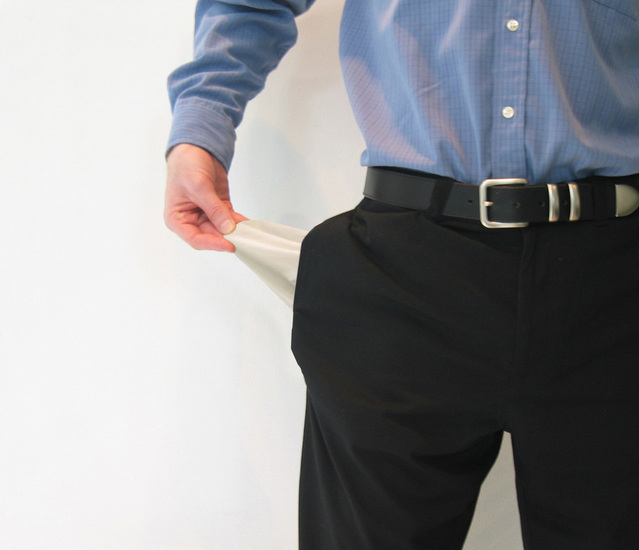If you need extra cash for a home improvement or an emergency expense, you can actually tap into the equity of your home–its property value minus the amount owed—and take out a home equity loan. So, if you have a house worth $300,000 and you still owe $235,000, you have $65,000 of home equity.
Most lenders will loan you 80 percent of your home equity. So, with our $65,000 equity example, you can qualify for a $52,000 home equity loan. You will receive this amount in a lump sum and make payments following a monthly repayment schedule.
But there’s more to home equality loans than meet the eye. In this guide, we go over some of their most important pros and cons.
Home Equity Loans Advantages
1. Low Interest Rates – Interest rates of home equity loans tend to be lower than other types of consumer loans. This is due to the fact that home equity loans are backed by the equity in your home. In contrast, personal loans and credit cards are unsecured loans backed only be the lender’s faith in your ability to pay off your debt. Because of this higher degree of risk, unsecured loans have higher interest rates.
2. No Restrictions – While other types of loans require borrowers to justify how the loaned money will be used (e.g. business loans, VA home loans), home equity loans can be spent however you want. In contrast, a business loan will require the borrower to present a business plan, which banks evaluate for their feasibility.
3. Easier Repayment Terms – Home equity loans usually have longer repayment terms than other types of loans, often ranging between 5 and 15 years. This is an ideal setup if you don’t have the monthly income for shorter terms.
4. Forgiving Credit Score Requirements –Because a home equity loan is tied to your house, it can be easier to qualify even if you have imperfect credit. The key factor here is how much equity you have to secure the loan, which is why lenders can be willing to forego the high credit score requirement.
Home Equity Loans Disadvantages
1. Risk of Foreclosure – Using your home as collateral for your loan means you could lose it to foreclosure should you default.
2. More Money Than You Need – Most lenders require minimum loan amounts for standard home equity loans, which usually start anywhere between $15,000 and $25,000. This can be a concern if you only need a few thousand dollars and you know you have a habit of overspending. In exchange for taking out a larger loan amount, however, you get lower interest rates.
3. Unnecessary Repetitions – Many homeowners make the mistake of spending beyond their means, tapping into their home equity over and over again to make unnecessary purchases.
4. Going Underwater – The problem with tapping into your home’s equity is that if your home’s value declines (which is what happened to many homes during the recession), you could end up owing more money on your home than it’s really worth. Although uncommon, this can happen to you, so be wary.
So, before you take out a home equity loan, be sure to know what you’re signing up for. If you have a home you’d like to purchase or sell, let Blue Hen Homebuyers help you. Call our offices today at 910-802-2222 to learn more about our services.
